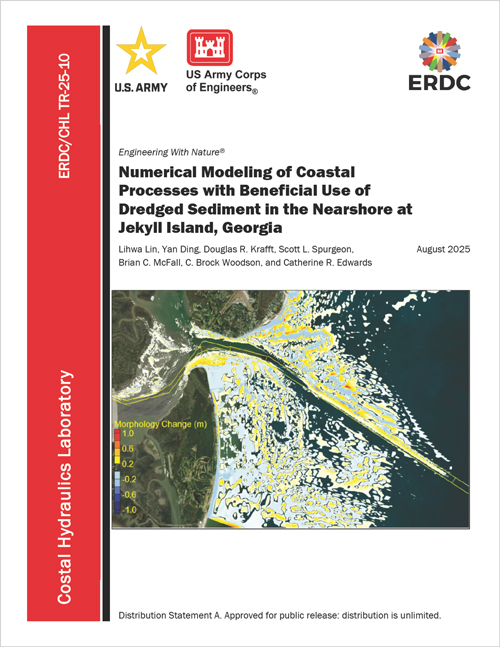This project will develop and evaluate key design and decision criteria to develop an actionable, innovative, and shovel ready EWN® “sand motor” (feeder beach) project, that passively distributes sediment across a wide section of retreating shoreline. The objective of the sand motor is to reduce erosion, increase coastal habitat, and provide public safety benefits.

Stakeholder Engagement
Stakeholder engagement is an important element of this project. Solutions that beneficially use sand dredged from this source must accommodate a variety of potential benefits and concerns and achieve a broad base of support. Stakeholder input was used to develop model alternatives and at various points throughout the project helps ensure that the modeled alternatives accurately describe the range of viable options for the community.
Stakeholder input has been an integral component of this project from the beginning and was used to develop the project proposal. Subsequent engagements include a presentation at a public meeting of the Board of Directors of the Jekyll Island Authority, an in-person kick-off meeting, and two virtual follow-on meetings to discuss progress and alternatives. An additional virtual meeting is planned for early 2024 to discuss model results and the performance of each alternative. Feedback will inform the report that summarizes project findings, and will be considered in the final design.



